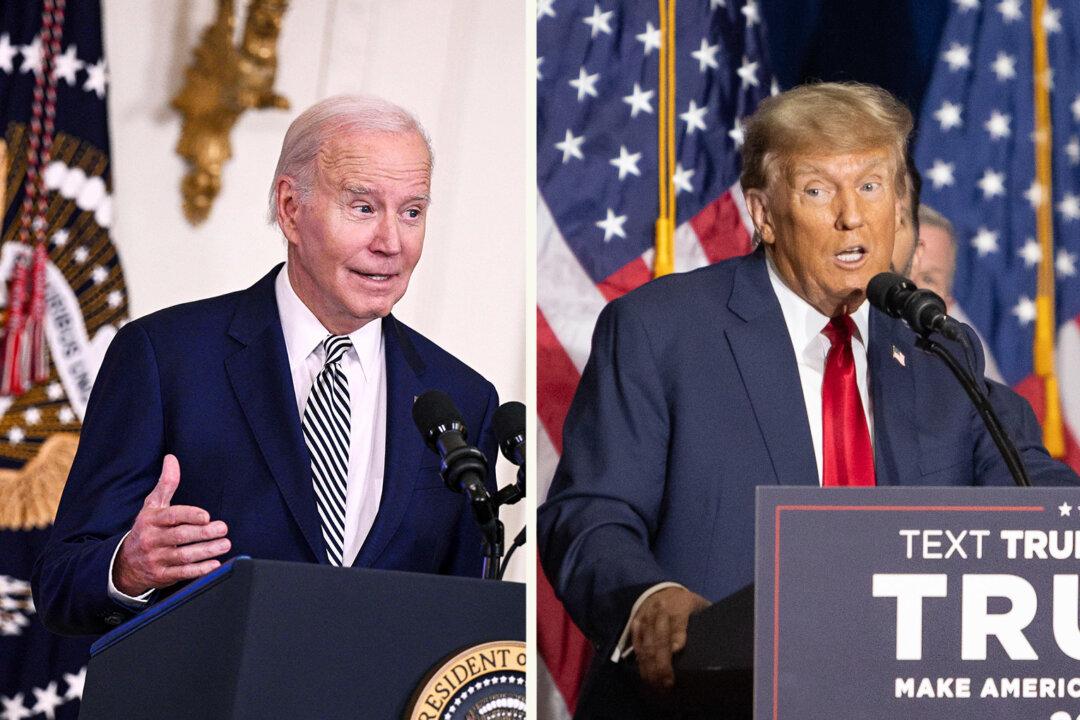Former President Donald Trump has long claimed that the criminal and civil cases against him are politically motivated and designed to hinder his campaign efforts, and in recent weeks, his legal teams have merged those arguments into his various case defenses.
In the U.S. District Court for the Southern District of Florida, for example, where special counsel Jack Smith is prosecuting the former president for allegedly mishandling classified documents kept at his Mar-a-Lago residence, President Trump made new allegations of election interference.





